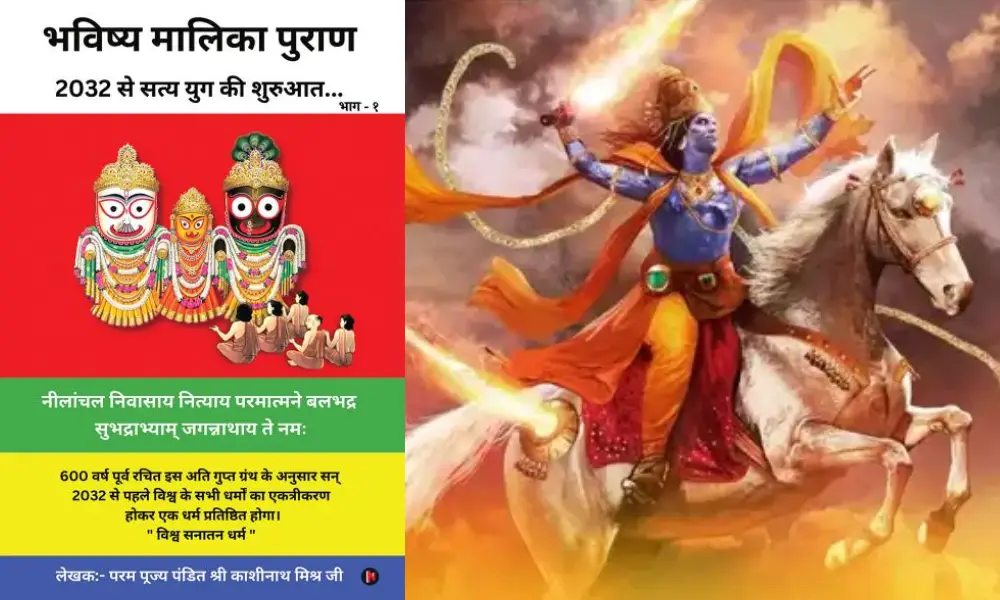Christmas, a globally celebrated holiday, is known for its festive cheer, gift-giving, and the gathering of loved ones. However, the question lingers: Why is Christmas celebrated in December? Delving into history and traditions, we uncover the roots and reasons behind the choice of December 25th for this joyous occasion.
Historical Context
The exact date of Jesus Christ's birth remains unspecified in the Bible, leaving room for interpretation and tradition. The decision to celebrate Christmas on December 25th can be traced back to early Christians. It is fascinating to explore the historical and cultural factors that played a role in this significant choice.
Winter Solstice and Pagan Festivals
One prevalent theory links the date of Christmas to the winter solstice, a celestial event marking the shortest day and longest night of the year. In various ancient cultures, this period was associated with celebrations anticipating the return of longer days and increased sunlight. Early Christians strategically placed Christmas around the same time to offer a Christian alternative to existing pagan festivals.
By incorporating elements of joy and hope into the celebration of Jesus' birth, Christians sought to redirect the focus of the festivities. The decision to align Christmas with the winter solstice helped bridge the gap between existing cultural practices and the emerging Christian traditions.
Symbolism and Significance
December, with its wintry atmosphere, carries a symbolic significance that resonates with the themes of renewal and hope. The idea of celebrating the birth of Jesus during a time when nature experiences a rebirth aligns with the Christian message of salvation and new beginnings.
The December timing of Christmas allows for a natural connection to the end of the calendar year. As people reflect on the past year and look forward to the future, the celebration of Christmas becomes a powerful symbol of hope, unity, and the promise of better things to come.
Religious Traditions and Variations
Different Christian denominations may have variations in their observance of the Christmas holiday. While December 25th is widely accepted as the date for Christmas, some Orthodox Christian traditions, for example, follow the Julian calendar, placing Christmas on a slightly different date.
It's crucial to acknowledge the diversity of traditions within Christianity and the various ways in which the birth of Jesus is commemorated globally. This diversity adds depth to the rich tapestry of Christmas celebrations.
Conclusion
The choice of December for celebrating Christmas intertwines historical, cultural, and religious threads. The decision to align the festivities with the winter solstice and existing pagan celebrations allowed early Christians to weave a unique narrative around the birth of Jesus Christ. As we exchange gifts and share joy during the holiday season, understanding the roots of Christmas enhances our appreciation for the traditions that have endured through centuries. Whether for religious reasons or the embrace of festive customs, the significance of Christmas in December resonates with themes of hope, renewal, and the enduring spirit of unity.





